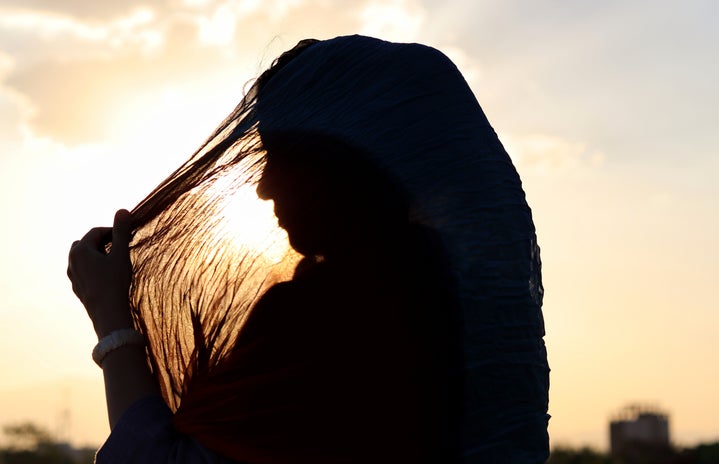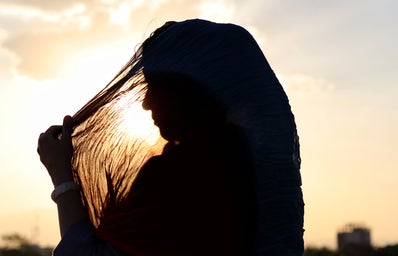Every once in a while, people in power try to make decisions about women’s bodies. Given this, most women come together to agree that our body equals our choice and that no one should be making these decisions for us. That is one side. The other side is that every once in a while, those in power try to make decisions about how people are or aren’t allowed to practise their religions. At that point, there seems to be a divide between the people.
The issue I want to shed light on is the hijab ban, and how it is no different than forcing women to wear the hijab. It is no secret that the Western world views the hijab as a method of oppression instilled by Muslim men, and that they need to save women from it. So, when they see countries that force women to wear the hijab, it plays right into their misconceptions, and they put their “white saviour” hat on. While I agree that no one, not the government, or family, should ever force a woman to wear the hijab, the issue here is that people don’t see how the opposite situation is just as bad. When countries or cities decide to ban the hijab, it seems that many people feel like they have saved the poor submissive Muslim women. What they can’t seem to wrap their mind around is that the majority of hijabis wear the hijab by choice. So when a place won’t allow these women to practice their religion in the way they feel comfortable, this, too, is oppression.
Khaled Beydoun made a post on Instagram where he said:
“Western countries want to ‘save Muslim women’ when Muslim men allegedly ‘force them to wear the Hijab’ But, these nations + their feminists are silent and idle when Muslim women are fighting to maintain their Hijab x religious freedom. Funny how western feminism works.”
https://www.instagram.com/p/CZuYLROuTKF/
The most recent hijab ban in Karnataka, India, has banned Muslim students from wearing the hijab in schools and colleges. When a state removes students’ right to learn based on what they are wearing, is that not oppression? When a woman has to choose between her religion and her education, is that not oppression?
Likewise, at the beginning of the year, France voted in favour of banning the hijab in any sport competitions. They believe that when they ban the practice of Islam, they will singlehandedly get rid of extremist practices. However, what they don’t see is that there are generations of women growing up being told that they cannot function in a society if they choose to wear the hijab. How is that meant to instill a sense of belonging, patriotism, or the need to fight for anything other than one’s religion?
Under the Cambridge Dictionary, the definition of ‘oppression’ is “a situation in which people are governed in an unfair and cruel way and prevented from having opportunities and freedom.” Banning Muslim women from reaching their full potential because of their choice of clothing is exactly that, an ‘an unfair and cruel way’ of preventing people from ‘having opportunities and freedom.’ Feminists stand for the freedom of choice, but as long there are still women around the world who still have to fight for their right to wear what they want while pursuing sports, education, and career opportunities, then we are not as far as we should be.


